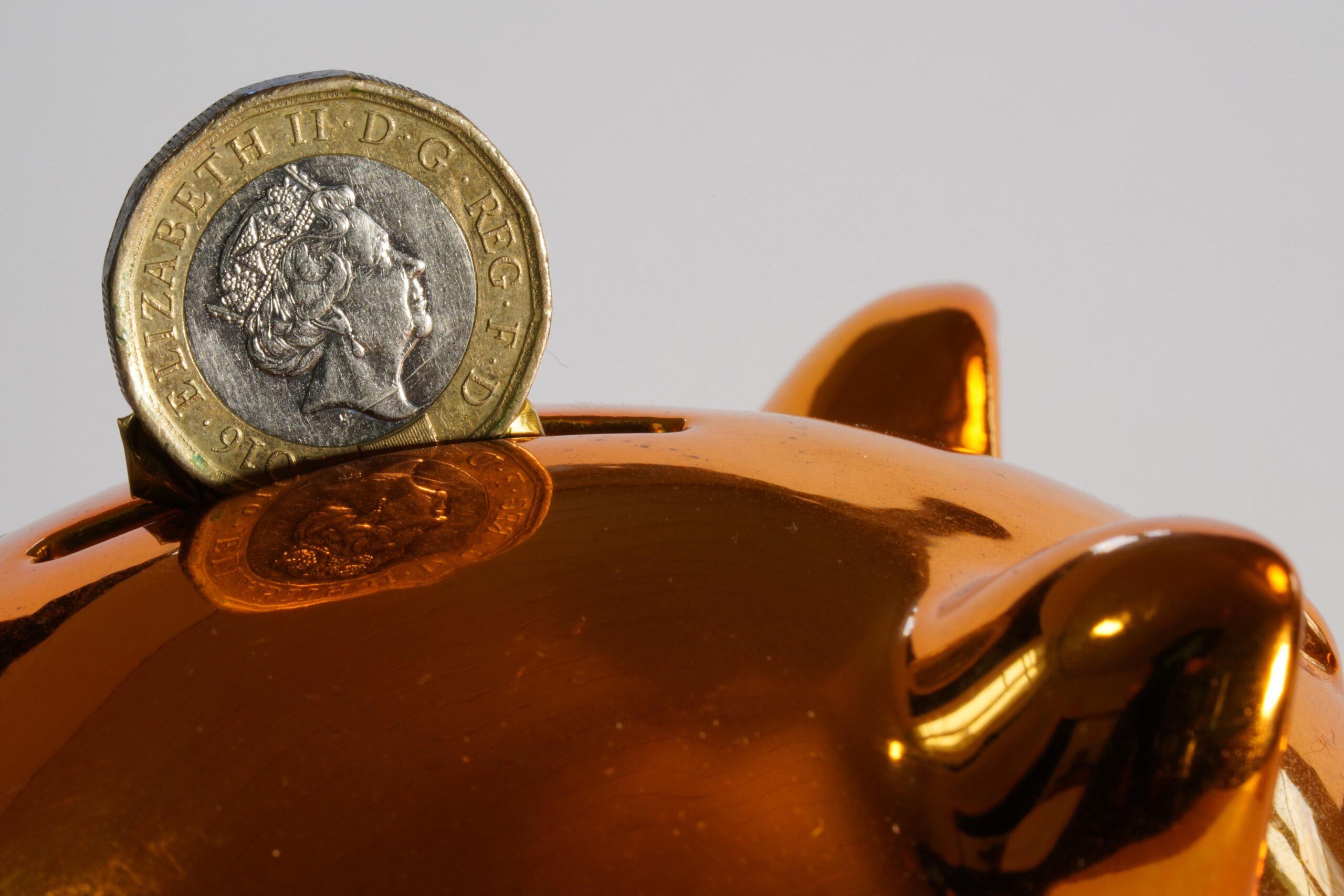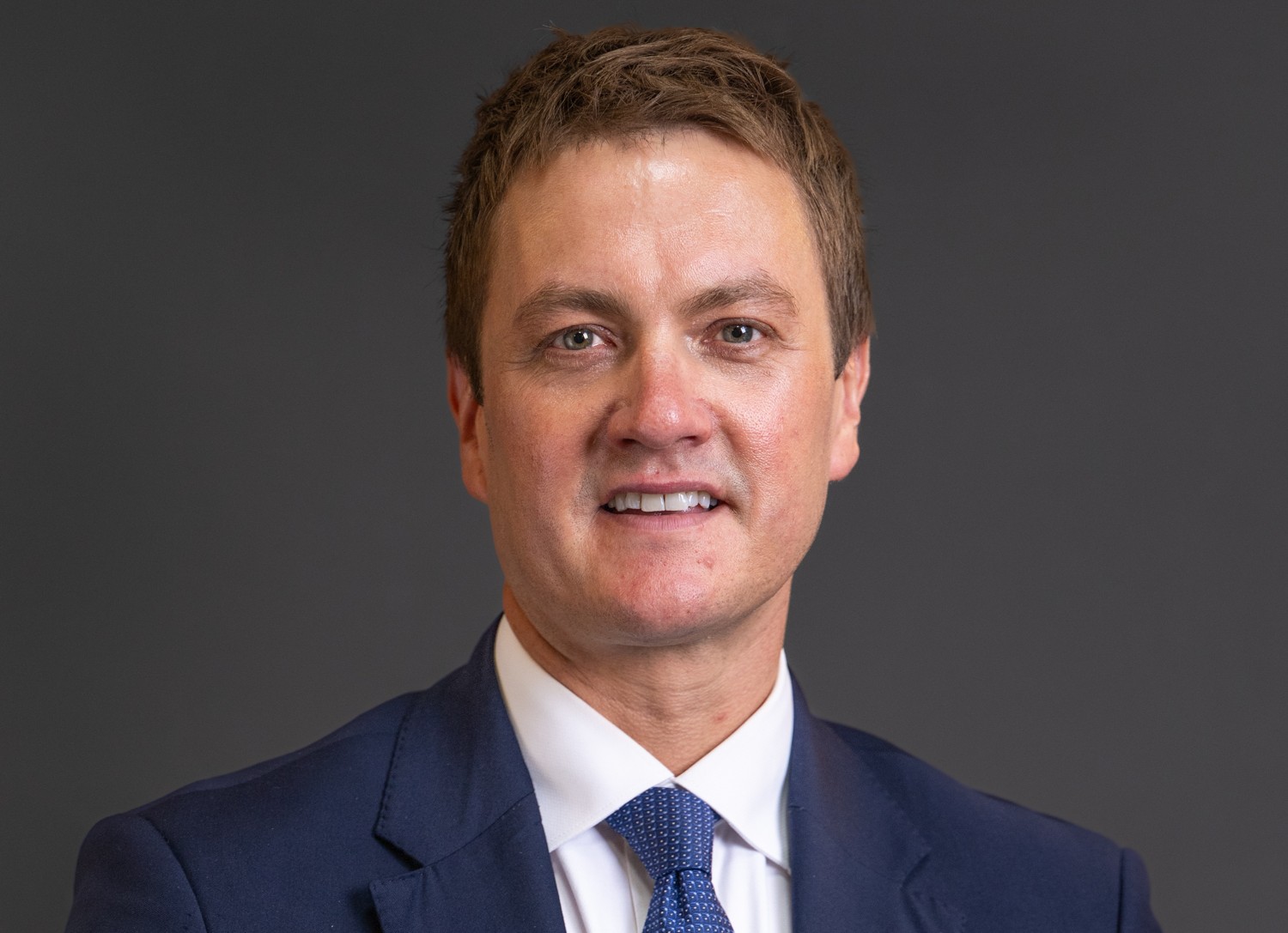Department will call on content creators from the video platform to warn the public about the dangers of overseas operations, in the latest example of government using online engagement channels
The government will partner with influencers on social media platform TikTok to warn citizens about the potential dangers of travelling abroad for cosmetic procedures.
The Department for Health and Social Care said it would work with popular TikTok accounts to warn people about the risks of going abroad for cosmetic treatments, also known as ‘tweakments’. The government said that the trend was resulting in people suffering life-altering injuries, with the NHS having to pick up the bill for the botched procedures.
The DHSC said it would work with TikTok medical influencers, including Midwife Marley and Doc Tally, to create content to show the risks of medical tourism. The content will also encourage the public to carry out thorough research into the procedures they are interested in and provide advice on how to make trips as safe as possible.
The campaign will encourage people considering overseas treatment to first speak to a UK doctor, secure travel insurance, and avoid package holidays that include procedures. The Foreign Office will also provide more detailed travel advice for those seeking to travel abroad for cosmetic surgery.
The government hopes that partnering with TikTok influencers to warn potential patients of the risks will reduce costs for the NHS, provide greater value for the taxpayer and reduce pressure on staff.
Health minister Karin Smyth said: “Too many people are being left with life-altering injuries after going abroad for medical procedures, without access to proper advice or safeguards. Often drawn in by deals too good to be true and promoted by influencers – some of whom have never been to the practice in question.”
The announcement is the latest example of the government working with online influencers to promote policy. Last month, it was revealed that No 10 was hosting its first-ever Downing Street reception for online influencers, with about 90 content creators being invited.
Related content
- Government comms head on AI assistance and using digital to ‘reach citizens where they are’
- Government comms teams can use TikTok ‘in exceptional circumstances’
- Government comms unit taps into tech tool to track Russian social disinformation
Social media platforms like TikTok are increasingly being used to research procedures such as hair transplants and dental work, which are often cheaper abroad. But there are growing concerns that the marketing promoted through these platforms fails to highlight the dangers of the surgery.
In November, health secretary Wes Streeting warned that people in the UK should resist the temptation of “rock-bottom” prices offered by cosmetic surgeons abroad after the deaths of a number of women who had travelled abroad for treatments.
Earlier this month, the government announced steps to tackle unsafe cosmetic practitioners at home. Under the changes, the highest-risk procedures, such as non-surgical versions of the procedure known as the Brazilian butt lifts, will only be carried out by qualified, specialised healthcare professionals, registered with the Care Quality Commission.
‘Exceptional’
PublicTechnology reported last year that, despite the app’s prohibition on government devices, civil service communications professionals are empowered to communicate messages via TikTok “in exceptional circumstances”.
It is understood that such circumstances are likely to include urgent public safety-related issues – particularly those for which government wishes to reach as broad an audience as possible, including younger people. The riots that took place in summer 2024 are likely to have constituted one such example where issuing communications via TikTok would have been permitted. Other cases might include the likes of terror threats or extreme weather.
In order to be approved for use by Whitehall officials, online platforms must be assessed against the metrics of the SAFE guidelines administered by the Government Communication Service. It emerged recently that GCS has not yet made a formal assessment of government’s possible use of the increasingly popular Bluesky social network, and has not assessed the use of rival site X for more than two years.
The ‘SAFE’ acronym represents the four principles the guidelines are intended to ensure civil service communications – and their means of delivery – adhere to: safety and suitability; adverts in appropriate context; freedom of speech; and ethics and enforcement.




